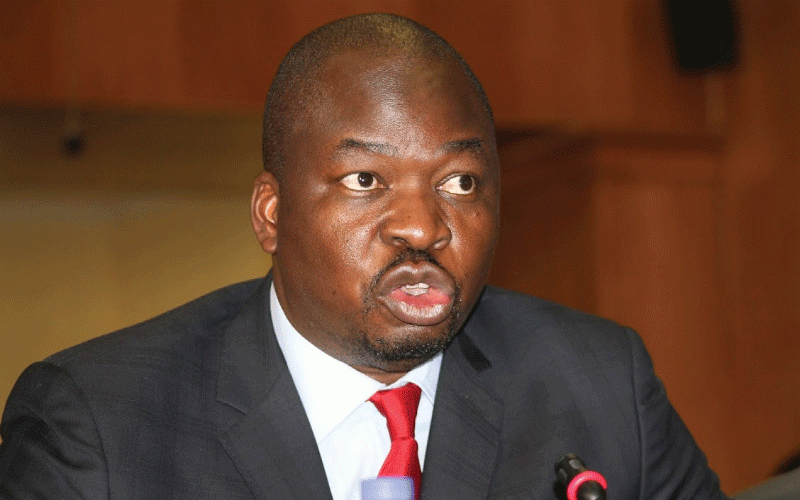
FINANCE, Economic Development and Investment Promotion permanent secretary George Guvamatanga has pleaded with banks to lower charges and fees to lure the unbanked into the formal system.
This comes as bankers have noted low deposits in savings accounts as the bulk of deposits are transitory.
Treasury and the central bank have been advocating lower banking fees to attract the estimated US$2,5 billion circulating outside formal channels.
Speaking during post-budget briefing last Wednesday, Guvamatanga encouraged the banks to initiate moves that attract people to keep their money in banks.
“Now let me come to an interesting issue of confidence in the banking sector. There is a need for work on government’s part, which we are trying. On the government’s part, what we have realised on the issue of stability, the issue lies in confidence. That is why stability is the overarching issue here,” Guvamatanga said.
“The issue is on (bank) charges. Banks please. Someone commented that we no longer have banks in this country. When I put money into your account, you pay me later. You make a cash withdrawal, you withdraw $100 000, the bank takes its 2% or 3% commission and sometimes there is no limit. When you walk away from the bank, you walk away with $97 000. So, the question is, are we encouraging the depositors to bank their money?”
He accused banks of focusing on non-core business away from lending.
“And because they are all now focused on this non-funded income, instead of focusing on the core business, which is you lend, you get interest, you get a little bit of non-funded income. Most banks are now at 60% to 70% in non-funded income. It never used to happen,” Guvamatanga said.
- ‘Killer’ soldier granted bail
- Letter from America: The death of the Zimbabwe dollar shows the King has no clothes
- Letter from America: The death of the Zimbabwe dollar shows the King has no clothes
- US$4 billion mystery in Afreximbank, Zim deals
Keep Reading
Non-funded income is revenue generated from bank charges, fees and other service charges.
“I know you have restructured your businesses, but a 70% non-funded income, 30% funded income is not achievable anywhere in the world,” Guvamatanga said.
“It shows that the cost of making it in this country is just too high. It is something that was not spoken about, we are going to speak about it today and I hope that you will go back and apply every measure and that confidence might come back.”
The permanent secretary said banks were robbing the public of their hard-earned money, especially on Visa and Mastercard debit cards used for foreign transactions.
“There is always an argument that, no, they are different accounts. There is a deposit account, there is a savings account. But if you look, how are we encouraging the depositors to have their money in those accounts that do not attract interest? And the other place where the — this I must call it what it is — robbery is on Visa and MasterCard, those foreign cards. You deposit your money, and you are charged a commission,” Guvamatanga said, urging banks to address bank charges issues before the close of the festive season.
“I plead with you that please, can you go back before January 2024, can you sit down within the remaining two weeks that you are still in office so that when you come back in January, your charges also encourage people to put their money into the bank,” Guvamatanga said.
Last month, bankers justified the high bank charges saying they face a plethora of costs which they must deal with.
“Some of the costs are but not limited to the following: Operational and capital costs from service providers; licence fees for core banking systems which are charged based on the number of accounts, software maintenance costs and cost of repatriating currency,” the Bankers Association of Zimbabwe told NewsDay Business.
“The banking sector is prone to price volatilities in the operating environment and, therefore, in our pricing there is an element of cost push pricing; traditionally current/demand accounts incur bank charges, but there are other products like savings accounts which do not incur charges.”







